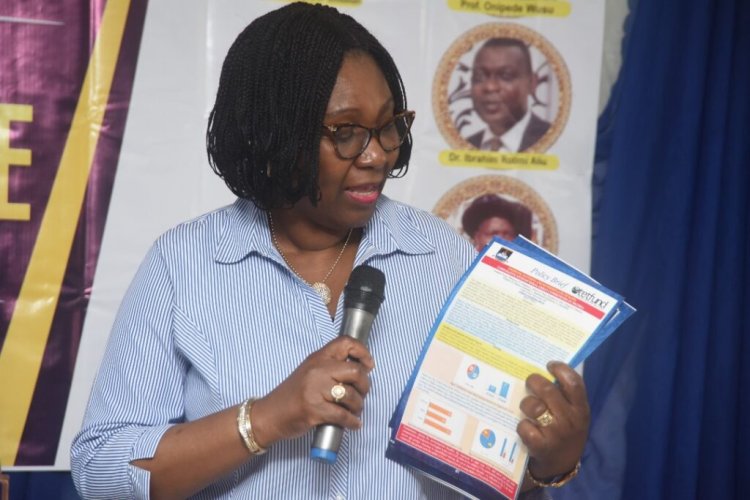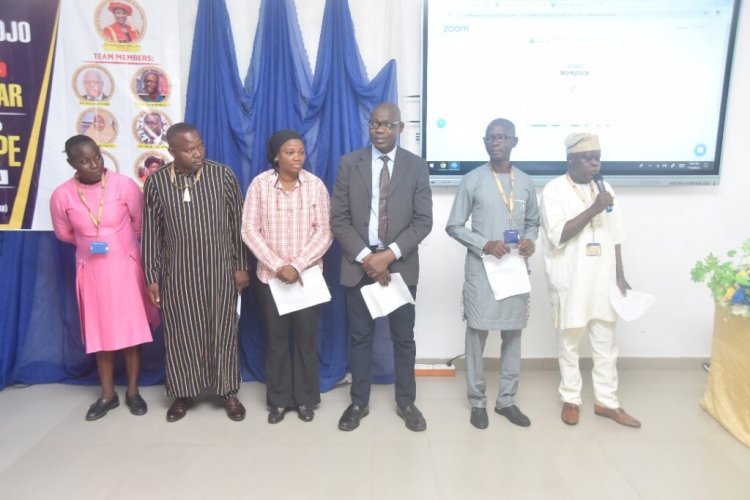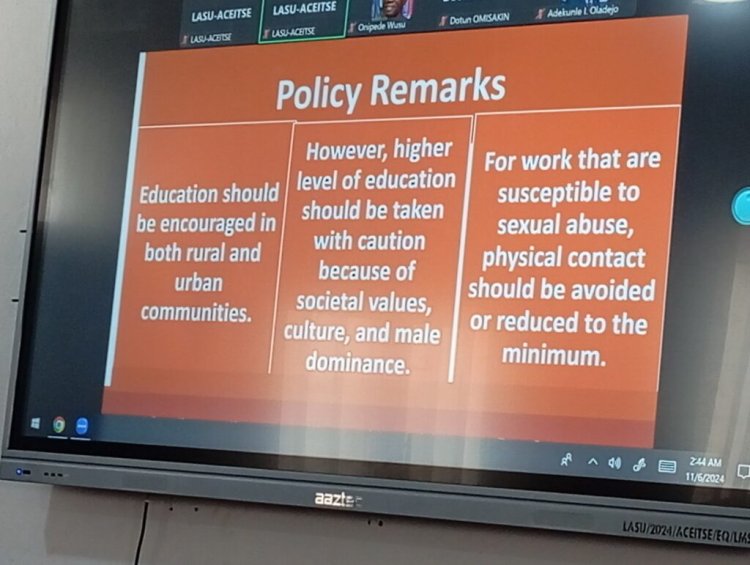LASU Research Team Utilizes N34 Million TETFUND Grant for Landmark National Study on Rape
The Lagos State University (LASU) has completed a comprehensive national study on rape, funded by a N34 million grant from the Tertiary Education Trust Fund (TETFUND). Led by Deputy Vice-Chancellor Professor Olufunsho Omobitan, the research gathered data from over 3,000 female participants across Nigeria’s six geopolitical zones, uncovering that rape incidents are more common in rural areas and often involve family members or neighbors.

The Lagos State University (LASU) has successfully concluded a groundbreaking nationwide research on rape, backed by a N34 million grant from the Tertiary Education Trust Fund (TETFUND). This study, led by the university’s Deputy Vice-Chancellor (Academic), Professor Olufunsho Omobitan, represents a significant stride towards establishing LASU as a leading research institution in Africa under the leadership of Vice-Chancellor, Prof. Ibiyemi Olatunji-Bello.

Held at the ACEITSE Lecture Hall on LASU’s main campus in Ojo, the seminar on November 6, 2024, marked the public presentation of the research findings. Prof. Olatunji-Bello commended the team’s work, describing it as “the most comprehensive and empirical study on rape in Nigeria.”
The research team, coordinated by Professor Onipede Wusu from the Department of Sociology, commenced the project in April 2021. The study, titled Emerging Patterns and Determinants of Rape: A Comparative Study of Rural-Urban Communities in Nigeria, utilized a mixed-methods approach to gather and analyze quantitative and qualitative data on rape across 12 states representing Nigeria’s six geopolitical zones. The team surveyed a sample of 3,023 female participants from both rural and urban areas.

Key findings from the study revealed that rape incidents were more prevalent in rural areas, with perpetrators often being family members or neighbors. Factors such as childhood sexual abuse, ethnicity, and broken family backgrounds were identified as risk factors. The study recorded a 35% national rate of childhood sexual abuse, with varying rates of marital and non-marital rape among adult women.
Vice-Chancellor Olatunji-Bello emphasized the urgent need for stakeholders, including government agencies, advocacy groups, community leaders, and educators, to address the study’s recommendations. She highlighted rape as a critical public health and social issue, calling for protective measures for women across age groups in both urban and rural settings.
The eight-member research team, consisting of faculty from various departments, included Professors Folashade Airat and Olufunsho Omobitan, and Doctors Ibrahim Rotimi Aliu, Adijat Olateju, Alausa Waheed, Busoye Olupooye, and Sakiru Raji.
The seminar concluded with the unveiling of a policy brief by Prof. Olatunji-Bello, reinforcing LASU’s commitment to advancing research and innovation.

 Chris Oyeoku Okafor
Chris Oyeoku Okafor 



